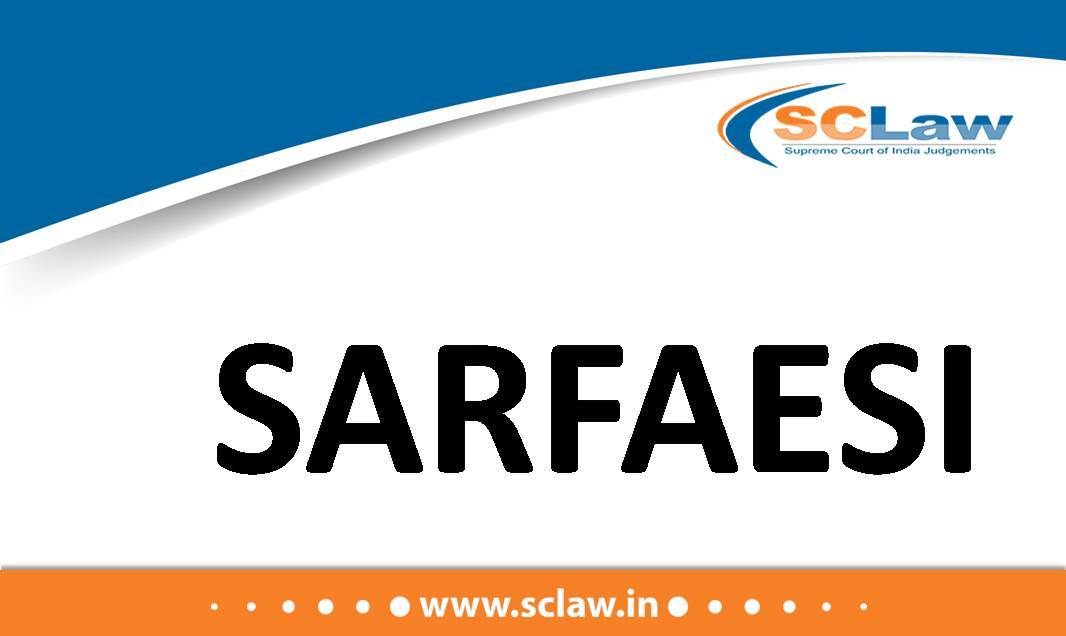Direction to frame guidelines on media briefings by police – Nature of the disclosure which is made by the police in the course of media briefings should be objective in nature and should not consist of a subjective opinion pre-judging the guilt of the accused – Union Ministry of Home Affairs should prepare a comprehensive manual on media briefings by police personnel – Organisations representing the print and electronic media should also be consulted.
SUPREME COURT OF INDIA FULL BENCH PEOPLE’S UNION FOR CIVIL LIBERTIES AND ANOTHER — Appellant Vs. THE STATE OF MAHARASHTRA AND OTHERS — Respondent ( Before : Dr Dhananjaya Y…








